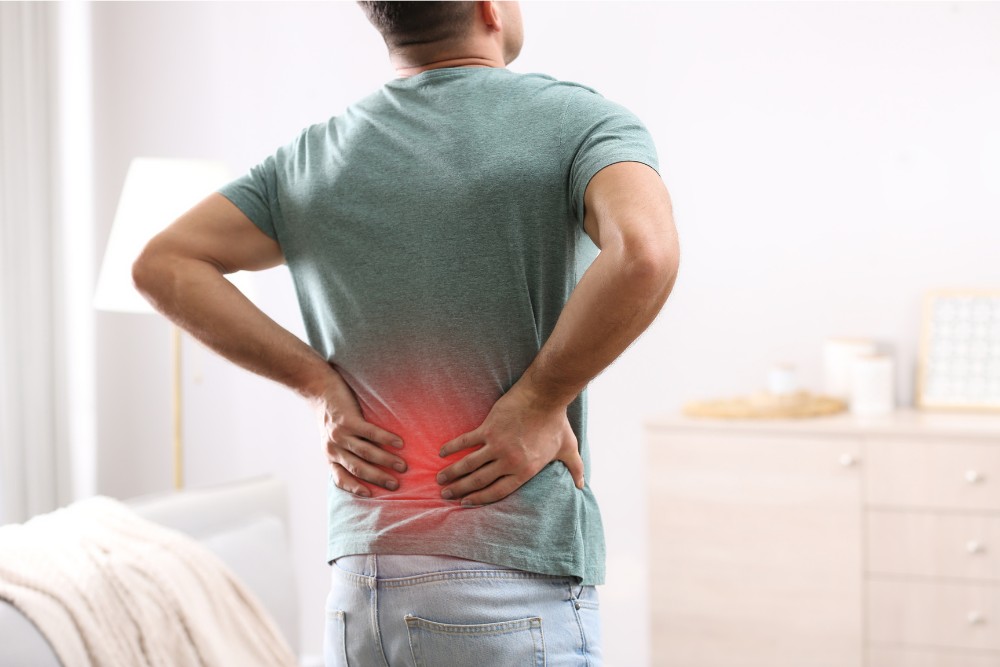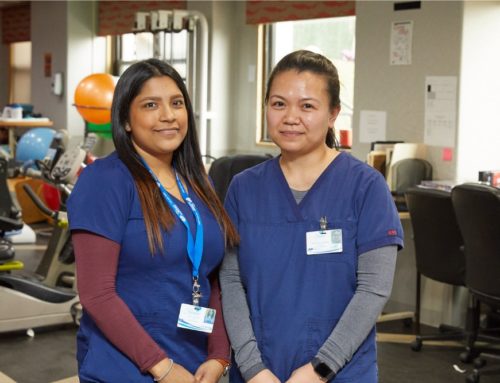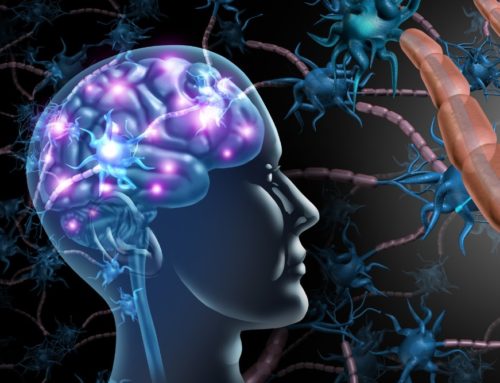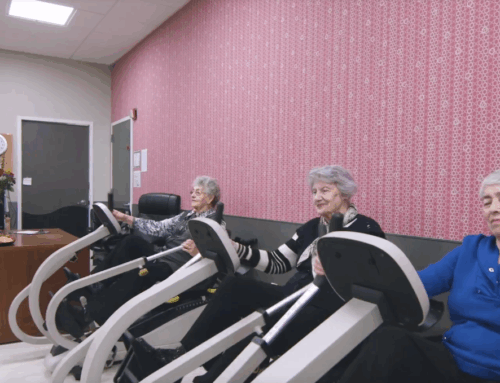Things to Avoid with Spinal Arthritis
Spinal arthritis occurs when the joints, ligaments, or tendons along the spine become inflamed. It has several causes, including infection, injury, autoimmune disorders, or wear and tear. The condition is painful, causing stiffness, inflexibility, numbness, fatigue, and grinding sensations as it progresses. To prevent worsening symptoms, it may be beneficial to avoid certain things, like prolonged sitting, heavy lifting, and other activities.
While not fully curable, it’s highly manageable and several arthritis treatments are available, including medication, surgical and non-surgical treatment options. Your doctor may recommend physical therapy involving customizable exercises to increase strength and flexibility in the back and spine. Your therapist may also include hot and cold treatments, massage, and other therapies to improve your condition.

The therapy does help to improve mobility and enhance quality of life. Treatment focuses on reducing spinal arthritis pain, managing inflammation, and maintaining spinal flexibility. For better results, we’ll discuss learning what to avoid below.
Avoid These if You Have Spinal Arthritis
When arthritis affects your spine, certain movements and activities become difficult and painful. Learning to prevent unnecessary discomfort ensures you can continue your day with minimal interruption.
According to experts, avoiding high-impact and repetitive exercises prevents you from exacerbating the condition. These include running, jumping, tennis, and other strenuous aerobics.
Some evidence shows certain foods may increase inflammation in those with spinal and other arthritis types. Items high in fat and sugar and salt are the worst offenders. Replacing these with fruits, vegetables, nuts, grains, and healthy fats may reduce the symptoms.
Lack of movement
An inactive lifestyle has several negative effects, including reduced strength, bone density, metabolism, circulation, and immune function. These increase the risk of obesity, stroke, diabetes, and other chronic diseases.
For those with spinal arthritis, lack of movement increases the already present symptoms. For instance, joint inflammation causes stiffness and pain, which may reduce your motivation to move, worsening the condition. For those with ankylosing spondylitis, the spinal vertebrae may fuse together, creating an inflexible spine.
Some arthritis types, such as osteoarthritis, also contribute to muscle degeneration. The loss of muscle mass and function reduces joint stability, which increases with a lack of exercise. The spine weakens, increasing pain, stiffness, and other symptoms.
Prolonged sitting
Prolonged sitting should be avoided when you’re dealing with spinal arthritis. Sitting for too long puts excess stress on the spine, especially if your posture is bad when seated. The hunched shoulders curve the spinal column, causing alignment issues. Other issues include a weaker core, tired back and gluteal muscles, and stiff hip flexors.
Heavy lifting
Some evidence shows that higher levels of physical loading increase the risk of spine degeneration. Though heavy lifting damages a healthy spine, it’s worse for those with spinal arthritis. These conditions already cause pain, stiffness, and other uncomfortable symptoms. When you repeatedly add extra weight, the issues caused by arthritis become more severe and are often irreversible.
Poor posture
Poor posture causes spine misalignment and worsens with every slouch. It’s especially harmful when your head is pushed forward since it puts extra weight on your upper spine. Hunched positioning increases the risk of degenerative conditions, including spinal arthritis. It also causes existing conditions to progress faster for higher instances of pain and other symptoms.
Resources:
- Mayo Clinic, Arthritis Pain: Do’s and don’ts
https://www.mayoclinic.org/diseases-conditions/arthritis/in-depth/arthritis/art-20046440 - Mayo Clinic News Network, Nov 5, 2019, Mayo Clinic Minute: Fighting arthritis with food
https://newsnetwork.mayoclinic.org/discussion/mayo-clinic-minute-fighting-arthritis-with-food/ - MedlinePlus, Health Risks of an Inactive Lifestyle
https://medlineplus.gov/healthrisksofaninactivelifestyle.html - NIAMS, Ankylosing Spondylitis
https://www.niams.nih.gov/health-topics/ankylosing-spondylitis - PMC, June 15, 2019, Skeletal Muscle Wasting and Its Relationship with Osteoarthritis: A Mini-Review of Mechanisms and Current Interventions
https://pmc.ncbi.nlm.nih.gov/articles/PMC6571089/ - Yale Medicine, Aug. 28, 2019, Why Is Sitting So Bad for Us?
https://www.yalemedicine.org/news/sitting-health-risks - PMC, Oct. 27, 2019, The association between occupational loading and spine degeneration on imaging – a systematic review and meta-analysis
https://pmc.ncbi.nlm.nih.gov/articles/PMC6815427/ - Total Spine Institute, How Chronic Poor Posture Can Cause (and Worsen) Spinal Osteoarthritis
https://www.totalspineinstitute.org/blog/how-chronic-poor-posture-can-cause-and-worsen-spinal-osteoarthritis#:~:text=Over%20time%2C%20poor%20posture%20puts,in%20more%20rapidly%2C%20as%20well
This article contains informational and educational materials and does not replace health or medical advice. For questions or concerns regarding your medical condition or health objectives, speak to a qualified physician or healthcare provider.






Leave A Comment